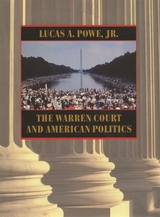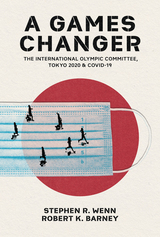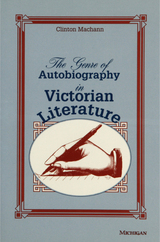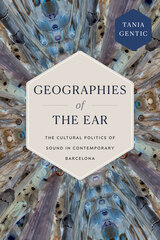2 books about Warren Court

The Warren Court and American Politics
Lucas A. Powe Jr.
Harvard University Press, 2000
The Supreme Court under Chief Justice Earl Warren was the most revolutionary and controversial Supreme Court in American history. But in what sense? Challenging the reigning consensus that the Warren Court, fundamentally, was protecting minorities, Lucas A. Powe, Jr. revives the valuable tradition of looking at the Supreme Court in the wide political environment to find the Warren Court a functioning partner in Kennedy–Johnson liberalism. Thus the Court helped to impose national liberal-elite values on groups that were outliers to that tradition: the white South, rural America, and areas of Roman Catholic dominance.In a learned and lively narrative, Powe discusses over 200 significant rulings: the explosive Brown decision, which fundamentally challenged the Southern way of life; reapportionment (one person, one vote), which changed the political balance of American legislatures; the gradual elimination of anti-Communist domestic security programs; the reform of criminal procedures (Mapp, Gideon, Miranda); the ban on school-sponsored prayer; and a new law on pornography.Most of these decisions date from 1962, when those who shaped the dominant ideology of the Warren Court of storied fame gained a fifth secure liberal vote. The Justices of the majority were prominent individuals, brimming with confidence, willing to help shape a revolution and see if it would last.
[more]

The Warren Court
Constitutional Decision as an Instrument of Reform
Archibald Cox
Harvard University Press
The appointment of Earl Warren as Chief Justice of the United States in 1953 marked the opening of a new era in the nation’s constitutional development. As Archibald Cox points out in his Preface, during the next fifteen years the Supreme Court rewrote, with profound social consequences, major constitutional doctrines governing race relations, the administration of criminal justice, and the operation of the political process. The extent and the rapidity of these changes raise grave questions concerning the nature and function of constitutional adjudication and the proper role of the Supreme Court in the national life.In these lectures, originally given in somewhat shorter form in Honolulu in the summer of 1967 under the joint auspices of Harvard Law School and the University of Hawaii, Mr. Cox describes the main lines of constitutional development under the Warren Court. He analyzes the underlying pressures involved and the long-range institutional consequences in terms of the distribution of governmental power. The central theme of Mr. Cox’s book is embodied in his examination of the American paradox that invests the judicial branch with the responsibility of deciding “according to law” our most pressing and divisive social, economic, and political questions.Although not uncritical of the grounds on which several of the court’s crucial decisions have been reached, Mr. Cox comes to the conclusion that the trend of the rulings has been “in keeping with the mainstream of American history—a bit progressive but also moderate, a bit humane but not sentimental, a bit idealistic but seldom doctrinaire, and in the long run essentially pragmatic—in short, in keeping with the true genius of our institutions.”
[more]
READERS
Browse our collection.
PUBLISHERS
See BiblioVault's publisher services.
STUDENT SERVICES
Files for college accessibility offices.
UChicago Accessibility Resources
home | accessibility | search | about | contact us
BiblioVault ® 2001 - 2025
The University of Chicago Press









